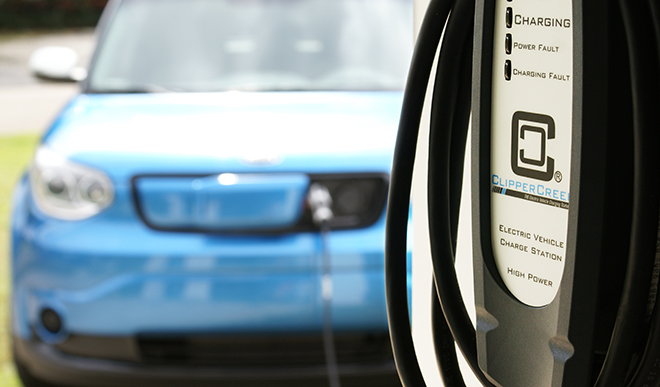As auto dealer Heath Carney wrote in the March/April 2016 issue of Charged, EV purchase incentives might be more effective if buyers received them in cash at the point of sale, rather than having to claim them later as tax credits. Connecticut instituted such a program in 2015.
Now the state of Colorado has acted on this idea. New legislation, which takes effect at the beginning of 2017, will simplify the state’s existing income tax credit for EV purchases, and make it assignable, allowing it to function as a point-of-sale rebate.
The existing credit offers up to $6,000 per car, but the exact amount each buyer receives is based on a complicated formula that dealers have found difficult to explain. The average consumer has ended up getting about $5,000, and buyers of more expensive EVs can get larger tax credits. Under the new deal, it’s a flat $5,000 for the purchase of an EV (or a PHEV with battery size over 4 kWh), and $2,500 for a lease.
The existing credit is fully refundable, so a consumer gets the full value of the credit even if it exceeds their tax liability. The new bill also makes the credit assignable, meaning that a car buyer can sign the credit over to a dealer or financing agency and take an immediate discount on the sticker price.
The concept of an assignable tax credit was proposed by the Southwest Energy Efficiency Project, which worked with a coalition including GM, Nissan, and various environmental groups to pass the bill with bipartisan support from 99 of Colorado’s 100 legislators.



















































































